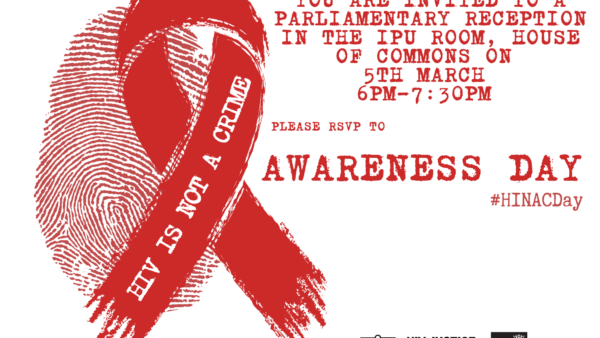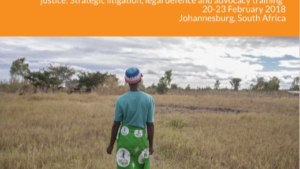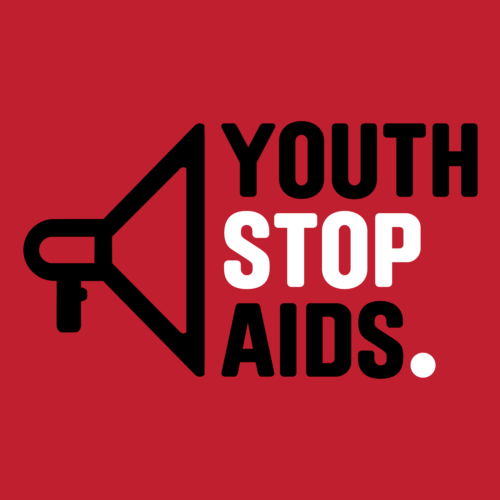Overview
Prosecutions in the jurisdictions of the United Kingdom take place under existing general assault laws.
These are similar for England and Wales (one legal jurisdiction) and for Northern Ireland, where reckless HIV/STI transmission or intentional HIV/STI exposure or transmission can be prosecuted under grievous bodily harm laws. Although these laws can apply to any serious sexually transmitted infection, and there have been cases related to hepatitis B, herpes and gonorrhoea, the vast majority of criminal cases have been HIV-related.
In 2008, following intense lobbying from the HIV sector, the Crown Prosecution Service (CPS) for England and Wales produced detailed guidance for prosecutors on the intentional or reckless sexual transmission of infection which has since been updated several times. The latest version can be found here: https://www.cps.gov.uk/legal-guidance/intentional-or-reckless-sexual-transmission-infection.
Scotland applies its own assault law – the common law offence of culpable and reckless conduct – to either reckless HIV exposure or transmission. There has also a been a prosecution for hepatitis C transmission in a case where HIV was also transmitted. The Scottish Crown Office and Procurator produced its prosecution policy on the sexual transmission of infection in 2012, updated in 2014.
The first UK prosecutions for alleged sexual HIV transmission took place in Scotland in 2001, in England in 2003, and in Wales in 2005. Northern Ireland has not prosecuted any cases of sexual HIV transmission, and its only known HIV case, in 2016, related to ‘exposure’ by biting.
More information is available on the following states
Laws
Further resources
The report seeks to contribute to existing research, analysis, and evidence concerning the criminalization of reckless HIV transmission and its impact on people living with HIV. It explores how this issue affects individuals today, especially given medical advancements that have enabled 98% of people living with HIV in the UK to achieve viral suppression and prevent transmission. The report also examines the ongoing effects of such criminalization at a time when the UK is on the brink of eliminating new HIV transmissions.
Leading HIV policy organisation with links to many resources on HIV criminalisation across the four countries of the United Kingdom.
Information for indidividuals living with HIV about the law across the four countries of the United Kingdom.
HIV Justice Network's Positive Destinations
Visit the United Kingdom page on Positive Destinations for information on regulations that restrict entry, stay, and residency based on HIV-positive status, as well as access to HIV treatment for non-nationals.















